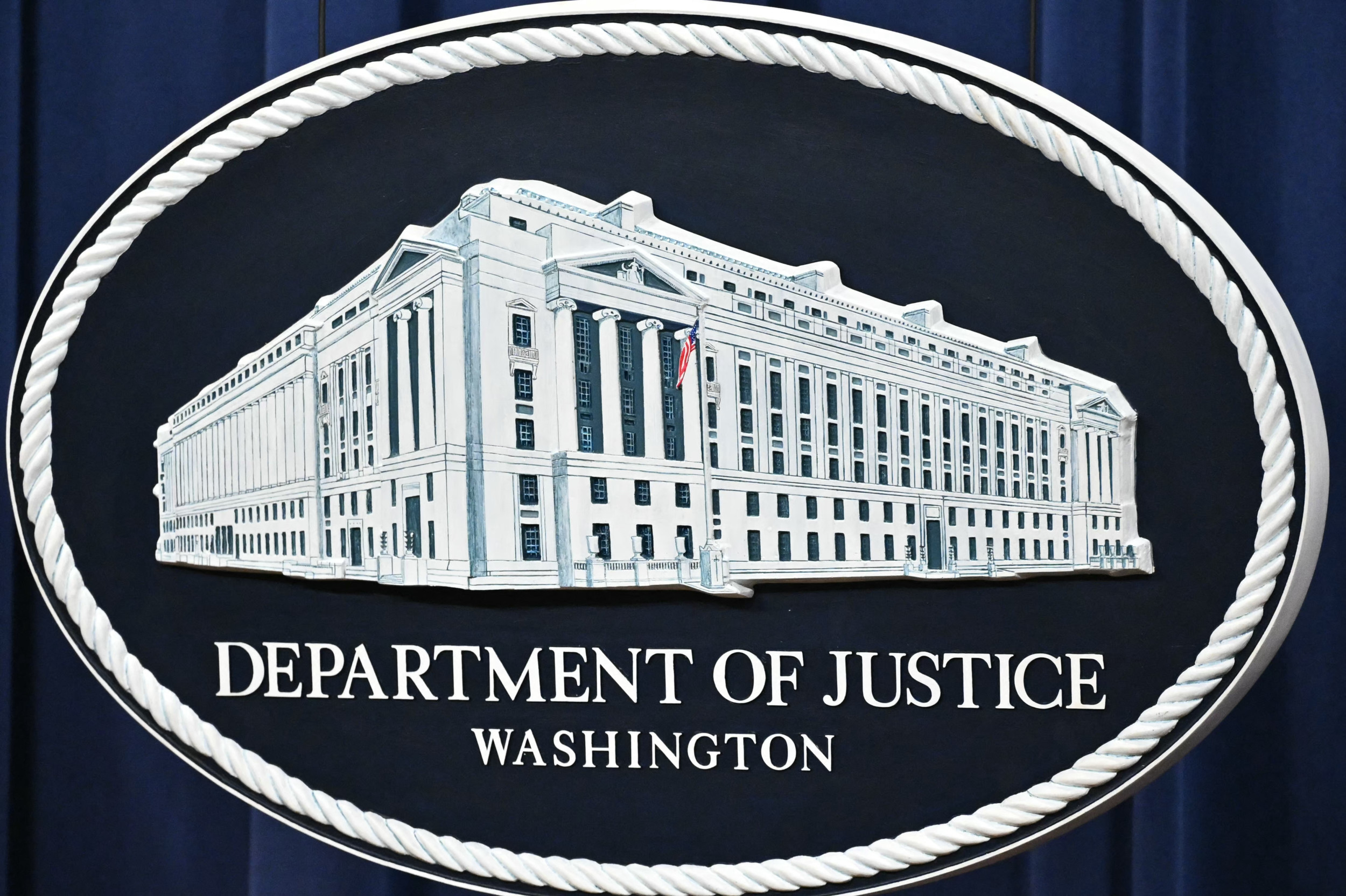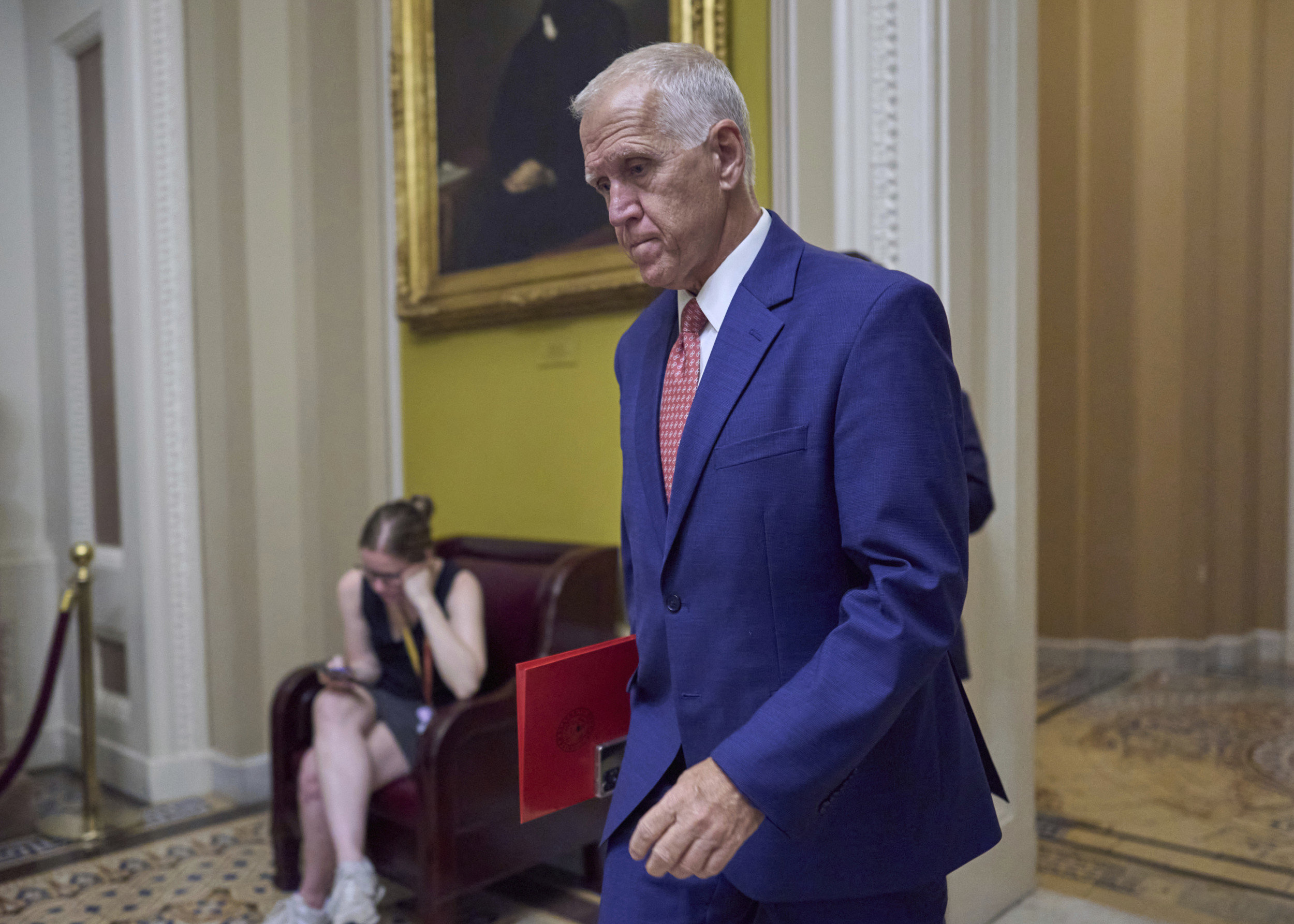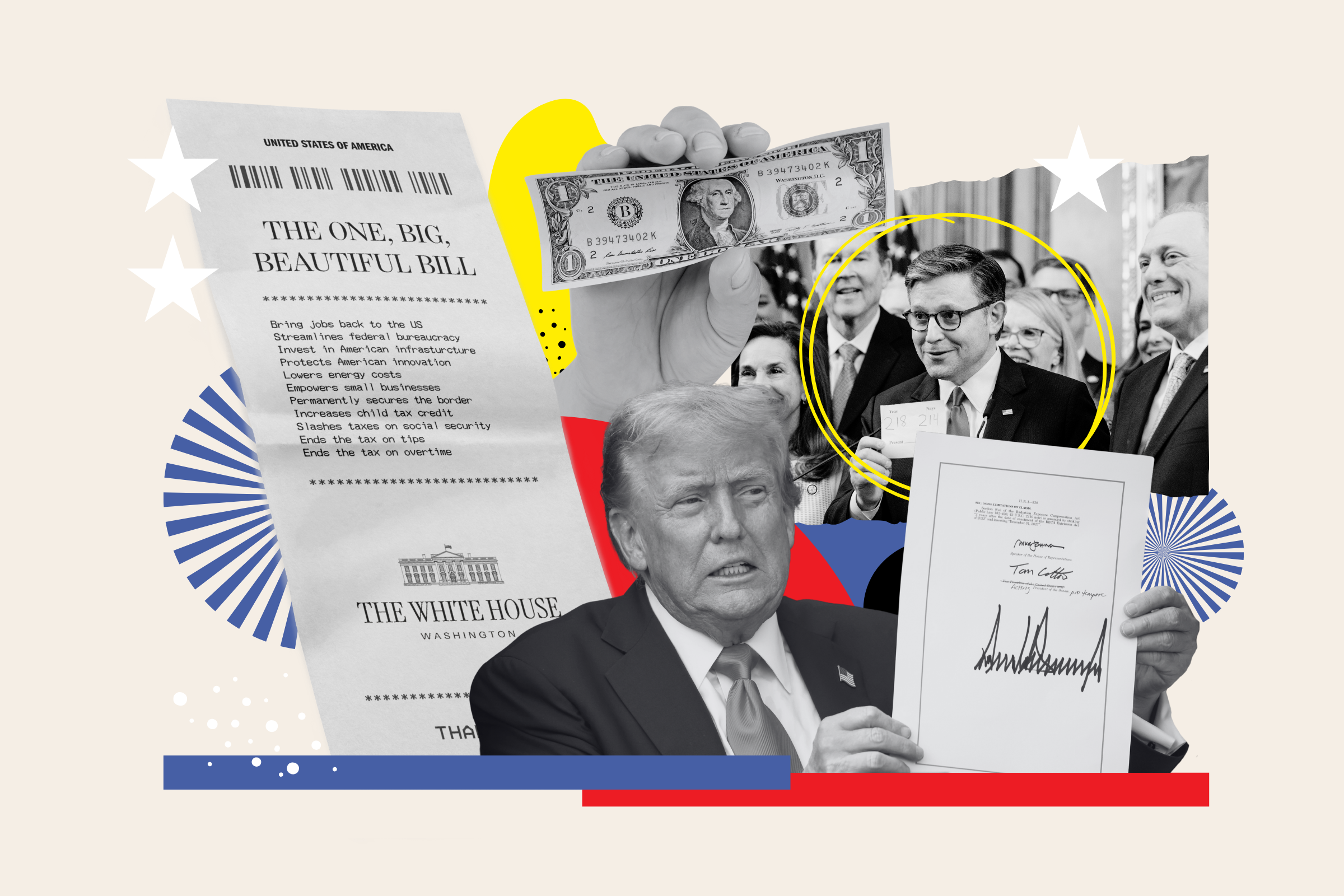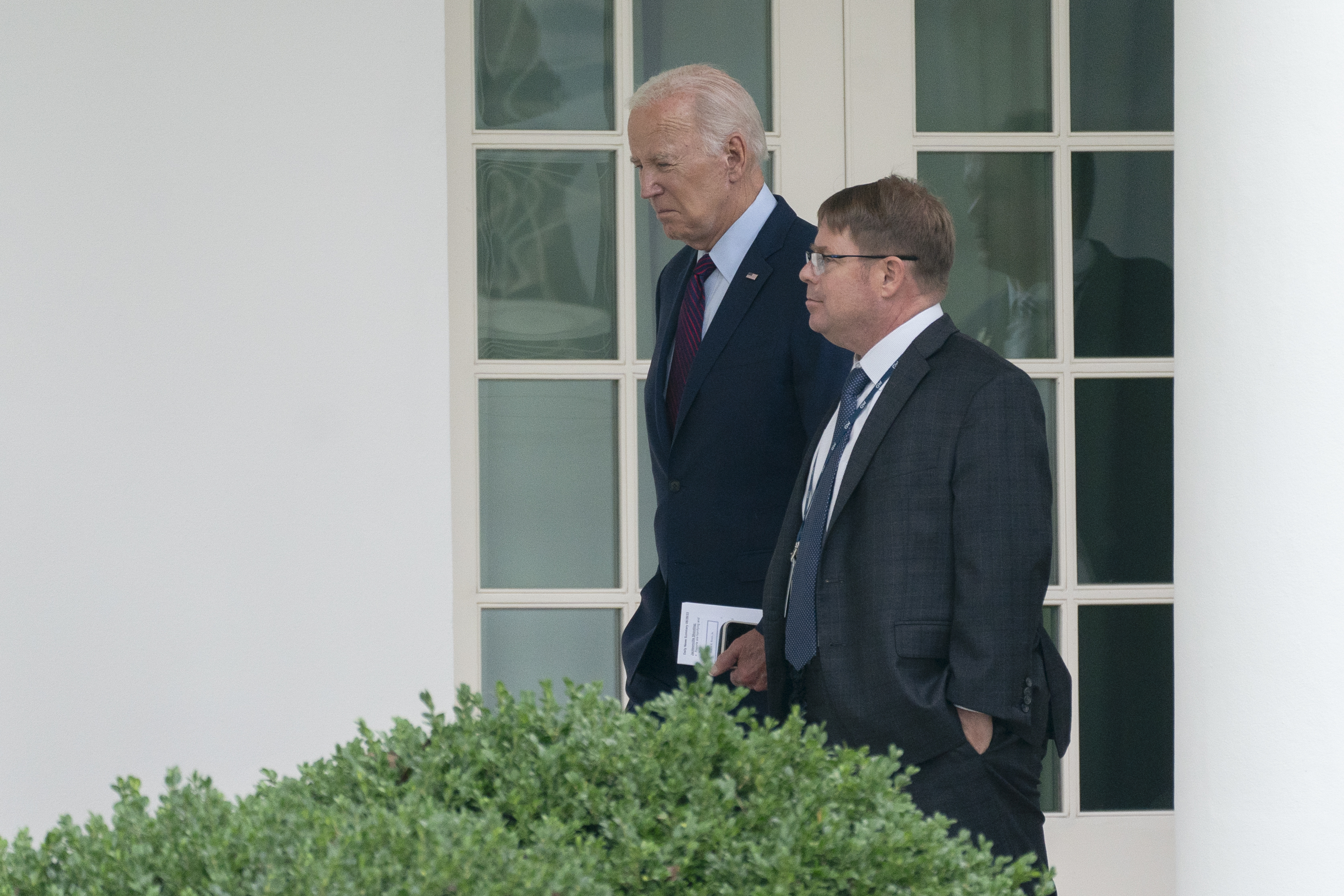🎙️ Voice is AI-generated. Inconsistencies may occur.
David Hogg, one of Gen Z's biggest political voices, is officially putting his hat in the ring for DNC leadership.
Hogg announced Monday morning that he is running for vice chair of the Democratic National Committee. In an interview with Newsweek, the 24-year-old explained that one of his biggest frustrations with the national party has been the disregard that the DNC has shown toward young voters.
Hogg, who rose to prominence in 2018 as a student survivor of the Parkland school shooting, recalled being outspoken about the concerns many of his peers were having about President Joe Biden's plans to seek reelection earlier this year. But all of that, he said, either fell on deaf ears or was met with vitriol.
"I got a message from one of the major Democratic consultants that said, 'Here, you go saying stupid f---ing s--- again.' That is an actual verbatim quote," Hogg told Newsweek.
The consultant would later delete that message, but it stuck with Hogg, who saw the sentiment as the larger problem with the Democratic Party.
"Because of all the consultants in the party, we would rather choose to live in a comfortable delusion than an uncomfortable reality," he said.
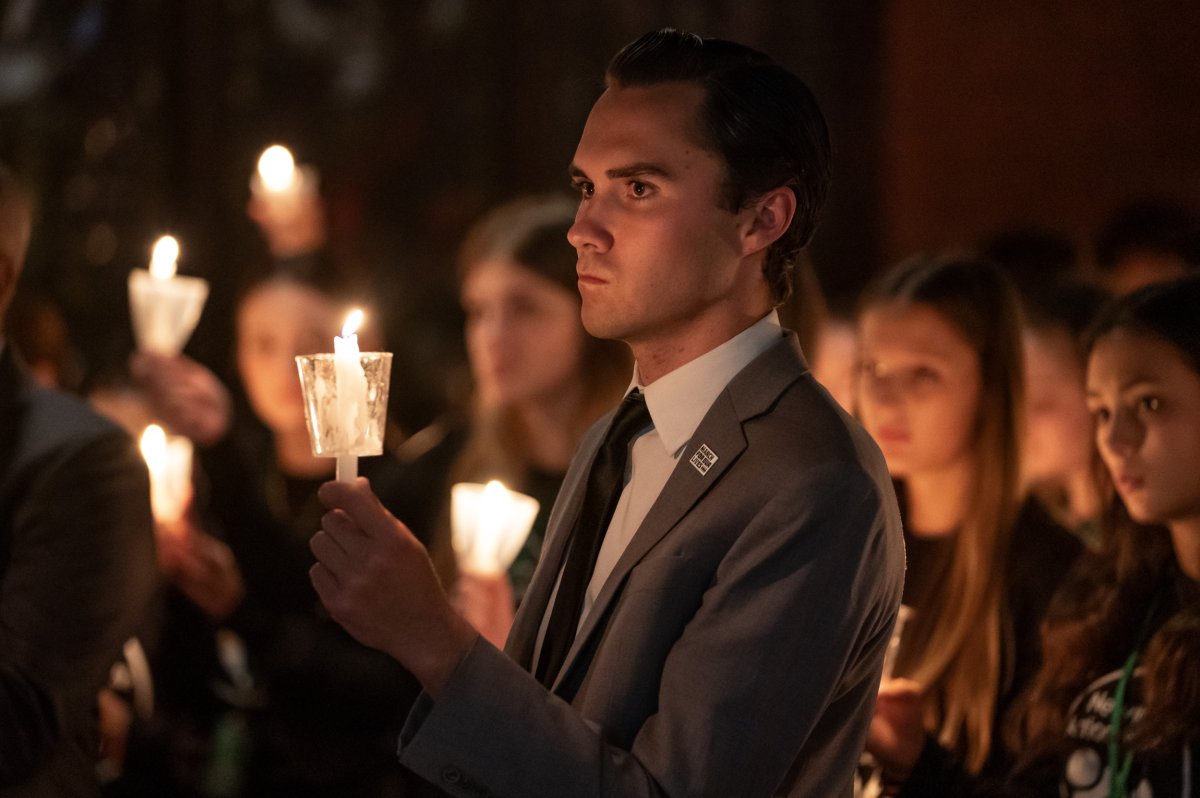
Hogg has arguably always lived in that uncomfortable reality.
After surviving one of the deadliest school shootings in American history during his senior year, Hogg sought to personify a cause marked by death and tragedy. He became one of the faces of the student-led March for Our Lives—one of the largest youth protests since the Vietnam War. His work earned him the title of TIME magazine's 100 Most Influential People that year.
But none of that has come easily. As a gun control activist, Hogg has been the target of conspiracy theories, including false claims that he was a "crisis actor" in a shooting that never happened. He's also been the target of harassment, not only from members of the public, but from members of Congress. Before Marjorie Taylor Greene was elected to the House of Representatives and evolved into the MAGA star she's known known today, she followed Hogg around the Capitol, calling him a "coward" and demanding to know how he was able to meet with more than 30 lawmakers.
Gun safety remains a top priority for Hogg, but other things have been added to his list.
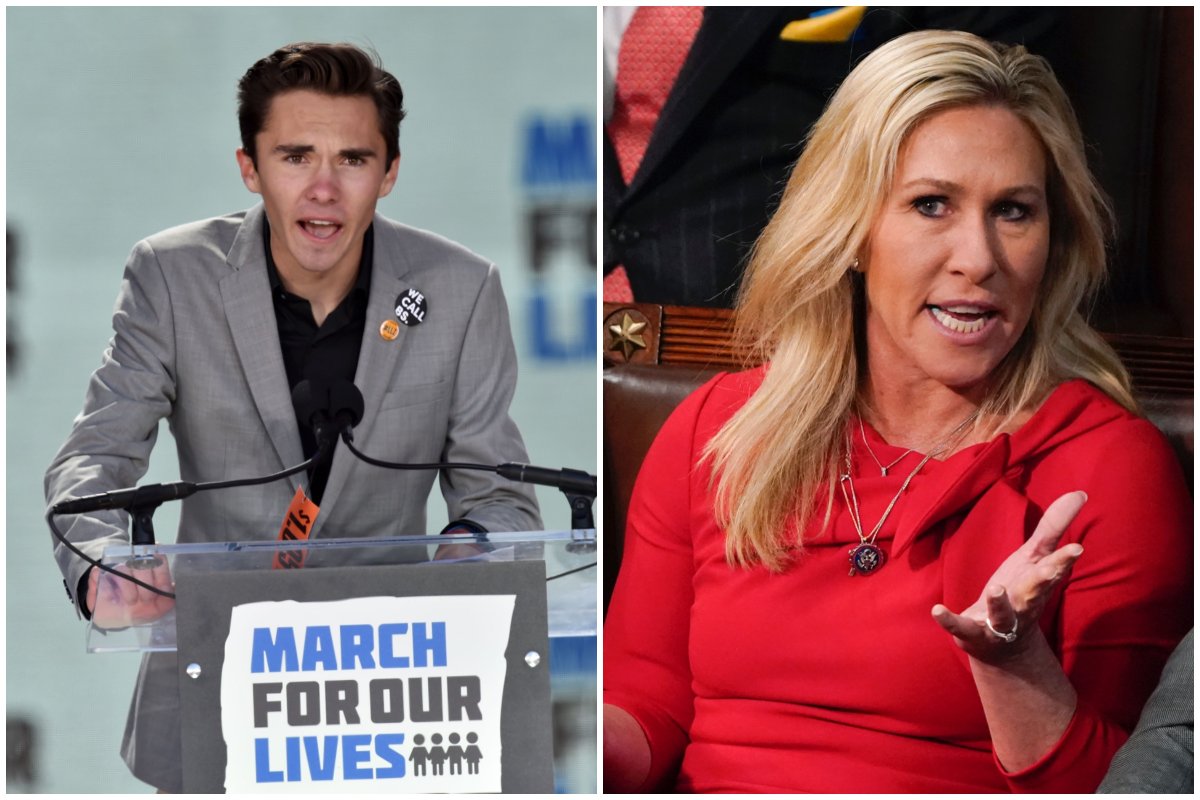
In September, Hogg lost his father, a Navy veteran and former FBI agent, after an early onset Parkinson's diagnosis turned his health for the worse.
"The bottom of his health just fell out from underneath him," Hogg said. "I had to spend at least a month with him as he went through the process of dying."
The thing that stuck Hogg the most throughout the experience of losing a parent was that even though his dad was entitled to disability benefits for his civil service, "the only reason my family didn't essentially go bankrupt was because he didn't live longer than a month and a half."
"I thought to myself, 'If I'm in this position right now—with all the privileges that my family has, between our health care and the education that [my parents] have— this is a ticking time bomb that the country is dealing with," Hogg said. "It's something that the Democratic Party needs to lean more on, because these are problems that everyday Americans are facing, and we aren't talking about [it]."
Those feelings about the U.S. healthcare system have never resonated more. A week before Newsweek spoke to Hogg, UnitedHealthcare CEO Brian Thompson was shot dead in midtown Manhattan—a cold-blooded murder that shocked the nation, as did the response that would follow. The public execution of an American health insurance executive broke the dam on frustrations aimed at the industry. Americans on both sides of the political spectrum expressed sympathies, not for Thompson and his family, but for the gunman, who many argued was justified in alleged murder.
Hogg said he would never support someone like Luigi Mangione, the suspected gunman, and found celebrations over Thompson's death "disgusting." But he said he recognized the response was "indicative of how pissed off people are with the health care system and how violated they feel by it." He argued the Democratic Party should have done more to focus on the issue in this year's election.
"Unfortunately, so many of the policy failures in our country are marked by how many people die from it," Hogg said. "People stop asking [about your loss], but you don't forget and you don't stop thinking."
Among the 24-year-old's priorities now is working toward a future where no one else has to go through what he had to with his father, including the "extraordinarily painful" task of having to figure out on a spreadsheet how much longer his family could afford to keep him alive.
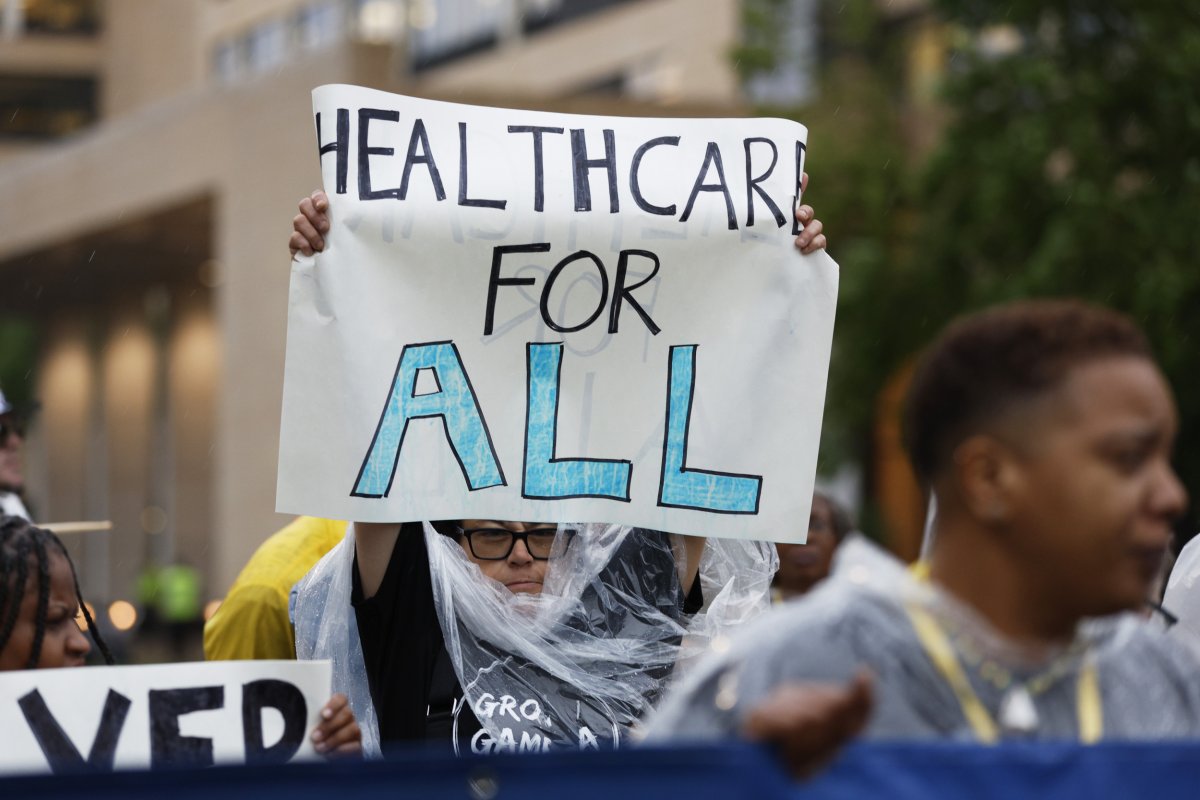
In this year's historic election, the Democratic Party lot not only the race to Donald Trump, but also major swaths of voters who the party had to come to rely on. Democrats also pushed young men further away from the party this year—a shift Hogg had noticed well before Trump was declared president-elect.
He recalled one DNC meeting where he asked the committee what the party was doing to reach out to young men ahead of November.
"The amount of backlash that I got, that I heard from other friends who basically asked, 'Why the hell did David ask that question? It's so ridiculous,' is emblematic of the broader issue at hand," Hogg said.
In the end, Hogg was proven right to worry. Exit poll data shows men aged 18-29—a group that's typically disengaged politically —broke for Republicans for the first time in the last four elections, decisively choosing Trump as their next president by a whopping 13-point margin.
"Empathy is not a zero sum game. We can care about the challenges that young men are facing and the very real challenges that young women are facing as well," Hogg said. "We need to listen to the American people and not our political consultants that are going to get paid no matter if we win or lose."
The DNC is headed by a chairperson, five vice chairs, a treasurer, a secretary and a national finance chair, all of whom are elected by the committee itself. Asked why he wasn't going for the top post, Hogg admitted, "Frankly, it's a really big job."
It's also partly because he doesn't want to have to step away from the work he's been doing at Leaders We Deserve, a youth-led political action committee he co-founded last year to help elect more young progressives at the state level.
He said he admires the people who are running for the chair position, which includes the likes of Martin O'Malley, the former Maryland governor, and Ben Wikler, chair of the Wisconsin party. He stopped short of endorsing anyone, but noted that whoever wins needs to have a big social media presence.
"We need more people who are actually talking direct to a camera about what the Democratic Party is doing to fight for them," Hogg said. "Making sure that it's not just the DNC. It's not just this nebulous, faceless organization, but real people there who are doing the work."
He argued that small-dollar donors want to give to people who they feel connected to and represent them best. That's what he hopes lies ahead for the DNC.
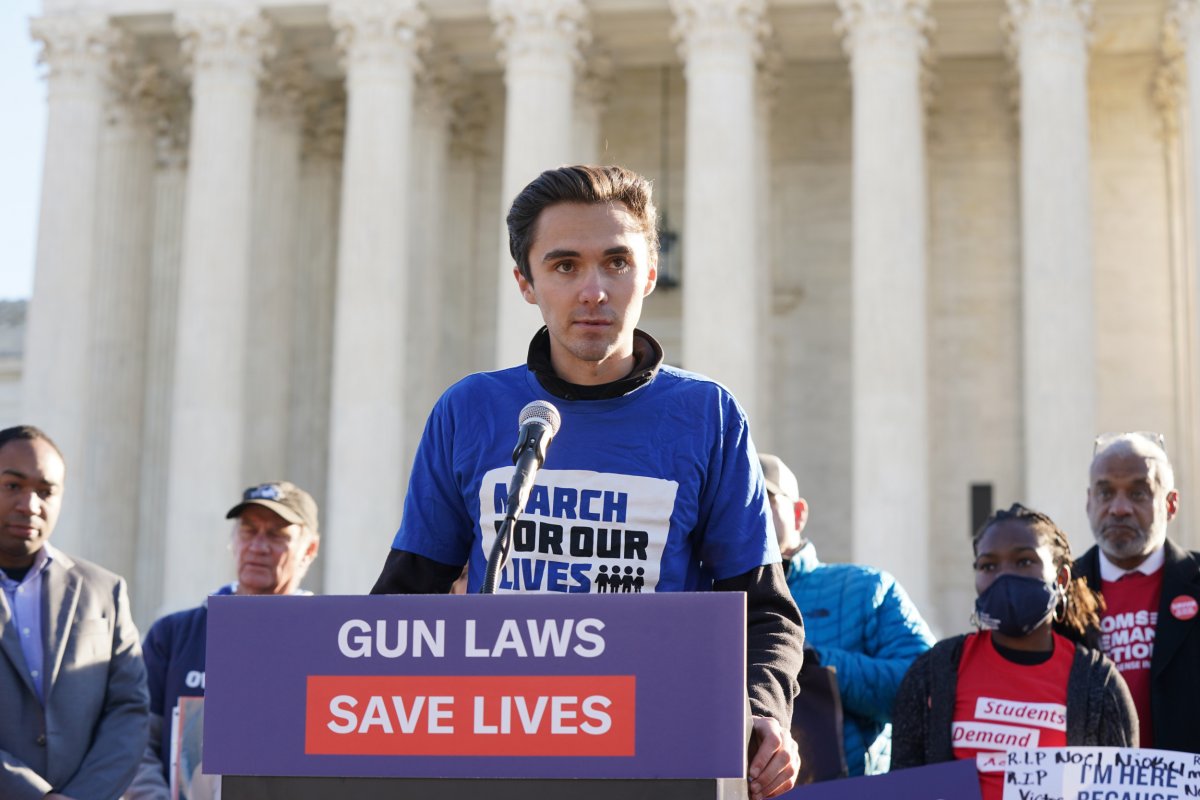
"I'm not always going to be a young person, unfortunately. I want to build a party that in the future, when there are young people that come to us and say, 'Hey, there are real challenges, real problems that are facing the party right now with young voters,' the response of the consultants, the response of the party is not, 'Oh, you don't understand.' 'That's not really a problem,'" Hogg said.
He called on his party to re-inspire Americans to believe in what the country could be "and not just protecting the death scroll of what we are" because party leaders are afraid of "pissing off some imaginary moderate voter that really does not end up making that big of a difference to us."
"Some of these consultants and party insiders seem to think, 'Well, if Harris said she had two guns instead of one, and we ran with Liz Cheney squared, we would have won.' That's not the case," Hogg said. "What we need to do is focus on what actually rallies our base to move the middle."
"There is too much of a directive given by not just the consultants, but also our donors," he said. "This message of democracy is super important. I agree. It is extremely important. But when people struggle to pay their health care, when people struggle to get by, even though they have two full-time jobs, they don't really care about democracy."
fairness meter
About the writer
Katherine Fung is a Newsweek senior reporter based in New York City. She has covered U.S. politics and culture extensively. ... Read more
